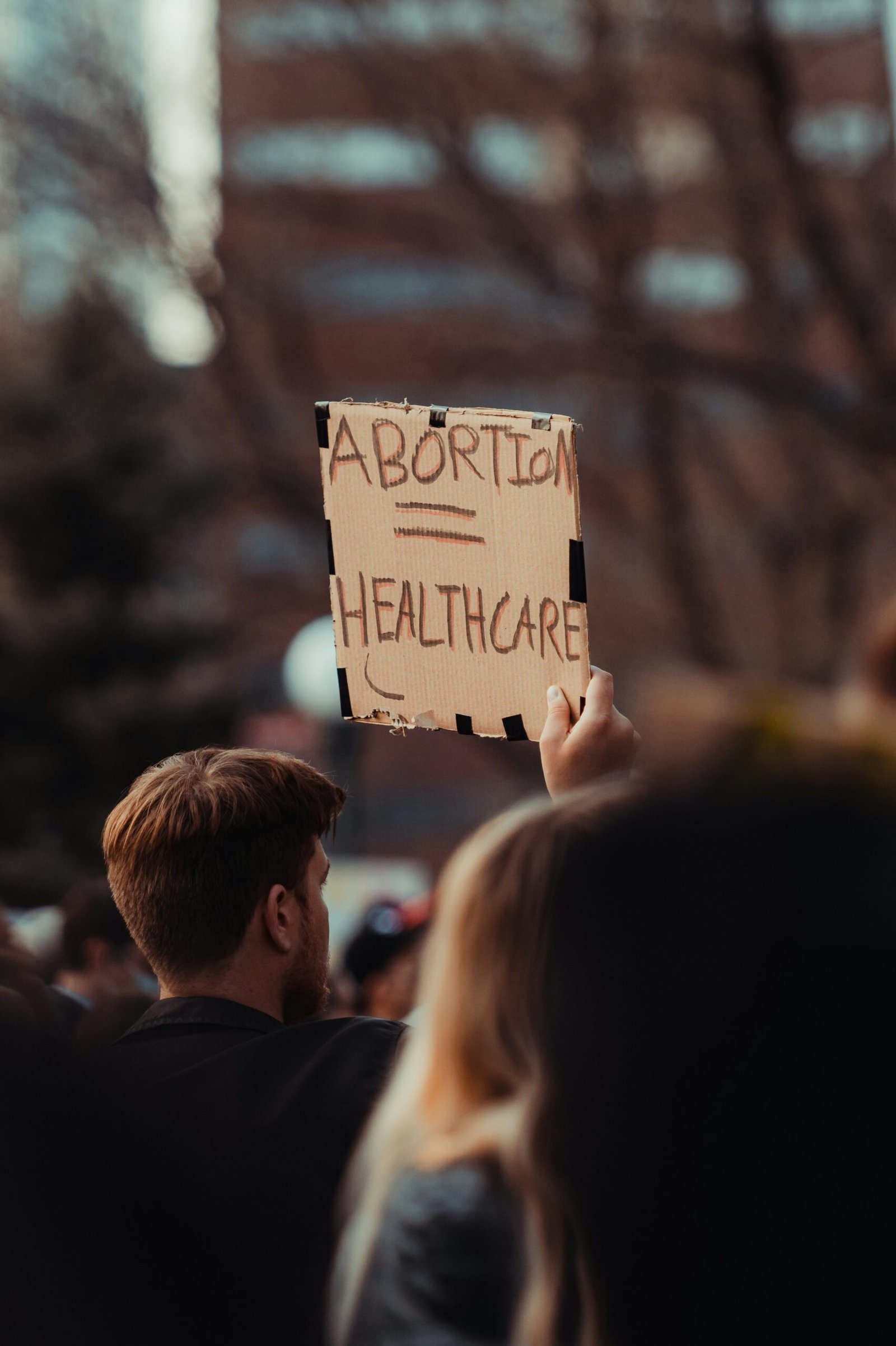Reproductive Rights and Bodily Autonomy: Ensuring Access to Reproductive Health Care
The concept of reproductive rights and bodily autonomy is a fundamental aspect of human rights. It encompasses the right to make decisions regarding one’s own reproductive health, including access to contraception, abortion, and reproductive education. These rights are crucial in ensuring that individuals have the freedom to plan their families, protect their health, and exercise control over their own bodies.
Understanding Reproductive Health Care
Reproductive health care refers to the range of services and information that enable individuals to make informed decisions about their sexual and reproductive well-being. It encompasses not only medical services such as contraception and abortion but also comprehensive sexuality education, counseling, and support.
Access to reproductive health care is vital for individuals to lead healthy and fulfilling lives. It empowers people to exercise control over their reproductive choices, prevent unintended pregnancies, and protect themselves from sexually transmitted infections. Moreover, it plays a crucial role in reducing maternal mortality rates, promoting gender equality, and advancing overall public health.
The Right to Reproductive Health Care
Reproductive health care is not just a matter of personal choice; it is a human right. The right to reproductive health care is enshrined in various international human rights instruments, including the Universal Declaration of Human Rights and the International Covenant on Economic, Social and Cultural Rights.
These documents recognize that individuals have the right to the highest attainable standard of health, which includes access to reproductive health care services. They emphasize the importance of non-discrimination, privacy, and autonomy in making decisions about one’s own body and reproductive health.
Furthermore, reproductive rights are closely linked to other human rights, such as the right to life, the right to privacy, and the right to be free from torture, cruel, inhuman, or degrading treatment. Denying individuals access to reproductive health care can have severe consequences for their physical and mental well-being, as well as their overall quality of life.
Challenges and Barriers to Reproductive Health Care
Despite the recognition of reproductive rights as human rights, many individuals still face significant challenges and barriers in accessing reproductive health care. These barriers can be social, economic, cultural, or legal in nature.
Some common challenges include inadequate access to affordable and quality reproductive health services, lack of comprehensive sexuality education, stigma and discrimination surrounding reproductive choices, and restrictive laws and policies that limit access to contraception and abortion.
These barriers disproportionately affect marginalized communities, including women and girls, LGBTQ+ individuals, people living in poverty, and those in rural or remote areas. They further exacerbate existing inequalities and hinder progress towards achieving gender equality and reproductive justice.
Promoting Reproductive Rights and Bodily Autonomy
Efforts to promote reproductive rights and bodily autonomy require a comprehensive and multi-faceted approach. This includes:
- Advocating for the recognition of reproductive rights as human rights at the national and international levels.
- Ensuring the availability and accessibility of a wide range of contraceptive methods, including emergency contraception.
- Expanding access to safe and legal abortion services, in accordance with international human rights standards.
- Providing comprehensive sexuality education that is age-appropriate, evidence-based, and inclusive.
- Combating stigma, discrimination, and violence related to reproductive choices and bodily autonomy.
- Addressing the social determinants of health that impact reproductive health outcomes, such as poverty, gender inequality, and lack of education.
By addressing these issues, we can create a society that respects and upholds the rights of all individuals to make decisions about their own bodies and reproductive health. This not only promotes individual well-being but also contributes to the overall advancement of human rights and social justice.

